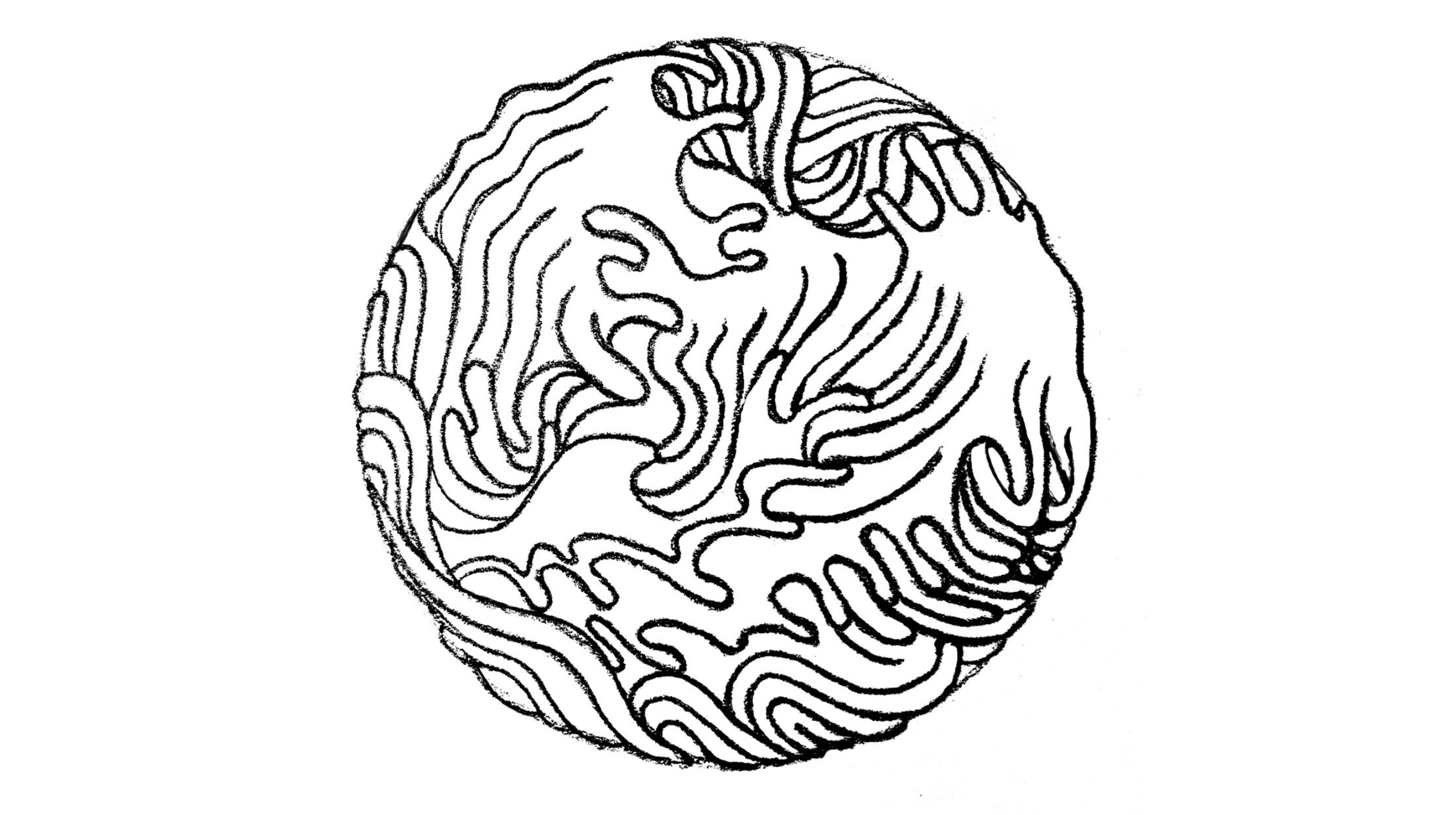The Ripple Effect
Extract from our new publication ‘Power.’
Just like dropping a pebble into water and watching as the ripples expand across it, an event or action, too, can create motion beyond its first impact or influence, as it grows outwards, ringing in all directions, eventually arriving at our inspiration and rousing us to act as well. In this sense, the ripple effect applies to all of us and our actions. Whether we know it or not, the foundation of what we do is laid by what came or was said before, and even prior to that, and before that too, until we can no longer trace the lineage of catalysts and ideas. On the next page you’ll find three examples of people who dropped the first pebble in an ocean of injustice and indifference so that others could follow suit.
“We have to take the baton when it’s passed to us, and run as fast and hard as we can, and then pass it on to someone else.”
— Theodore Shaw
#MeToo: Twelve years ago, Tarana Burke set up an activist group called Me Too to support girls and young women of colour survivors of sexual violence. After allegations of sexual abuse against women in Hollywood emerged, the name became a slogan, rallying millions of survivors around the world in an extraordinary unveiling of shared experiences. The result? A cathartic cultural shift that has destigmatised those who’ve suffered sexual abuse from talking about it and rightfully redirected the blame and shame from the victim to the perpetrator. What’s next? Evolution. “[L]et’s talk about why, and let’s talk about what happens after,” Burke hopes.
Arab Spring: Through the passage of time, the British suffragettes
and their peaceful acts of civil disobedience and radical acts of noncooperation and sabotage came to inspire the Arab Spring. That’s because they first inspired Leo Tolstoy’s ideas on nonviolent resistance, which were immortalised by Mahatma Gandhi’s tactics of nonviolent civil disobedience, which were illustrated in the 1957 comic book Martin Luther King and the Montgomery Story about the principles of nonviolent activism that was circulated in Arabic shortly before the Arab Spring.
Toxics: A class action lawsuit in Kenya has the potential to become a landmark for environmental defenders across Africa. Anti-pollution campaigner Phyllis Omido forced the closure of a lead-smelting factory in Mombasa accused of poisoning local residents, and is now behind a case demanding compensation to victims and a clean-up of contaminated land. Before this, demonstrations blocked the main road between Mombasa and Nairobi after the environment ministry ignored her warnings. More than a dozen smelters in Kenya were eventually closed. “We want to show environmental defenders can use litigation as a tool,” says Omido.
This article is originally featured in the magazine Silence, which is free to download here: http://home.crin.org/s/What-Lies-Beneath-Silence.pdf

